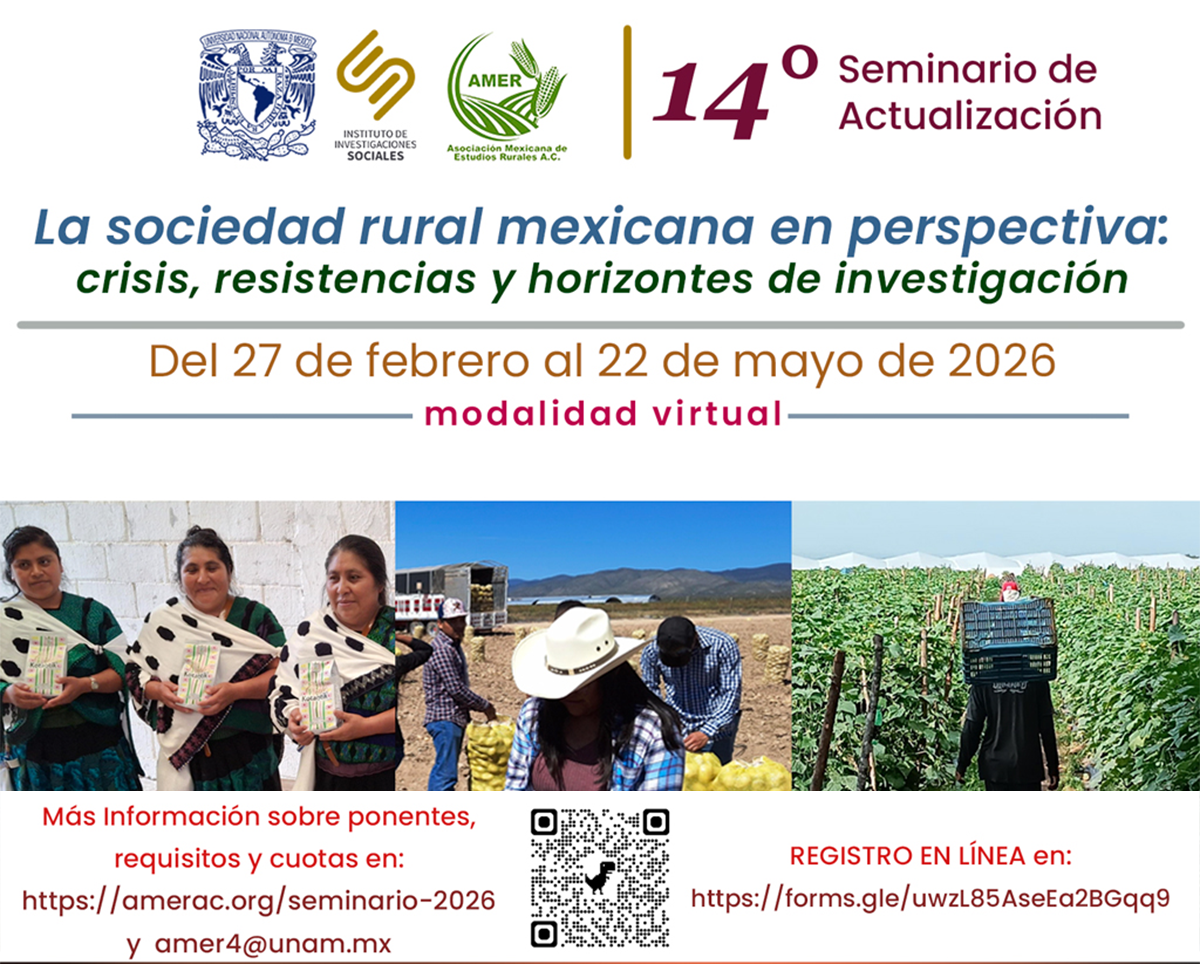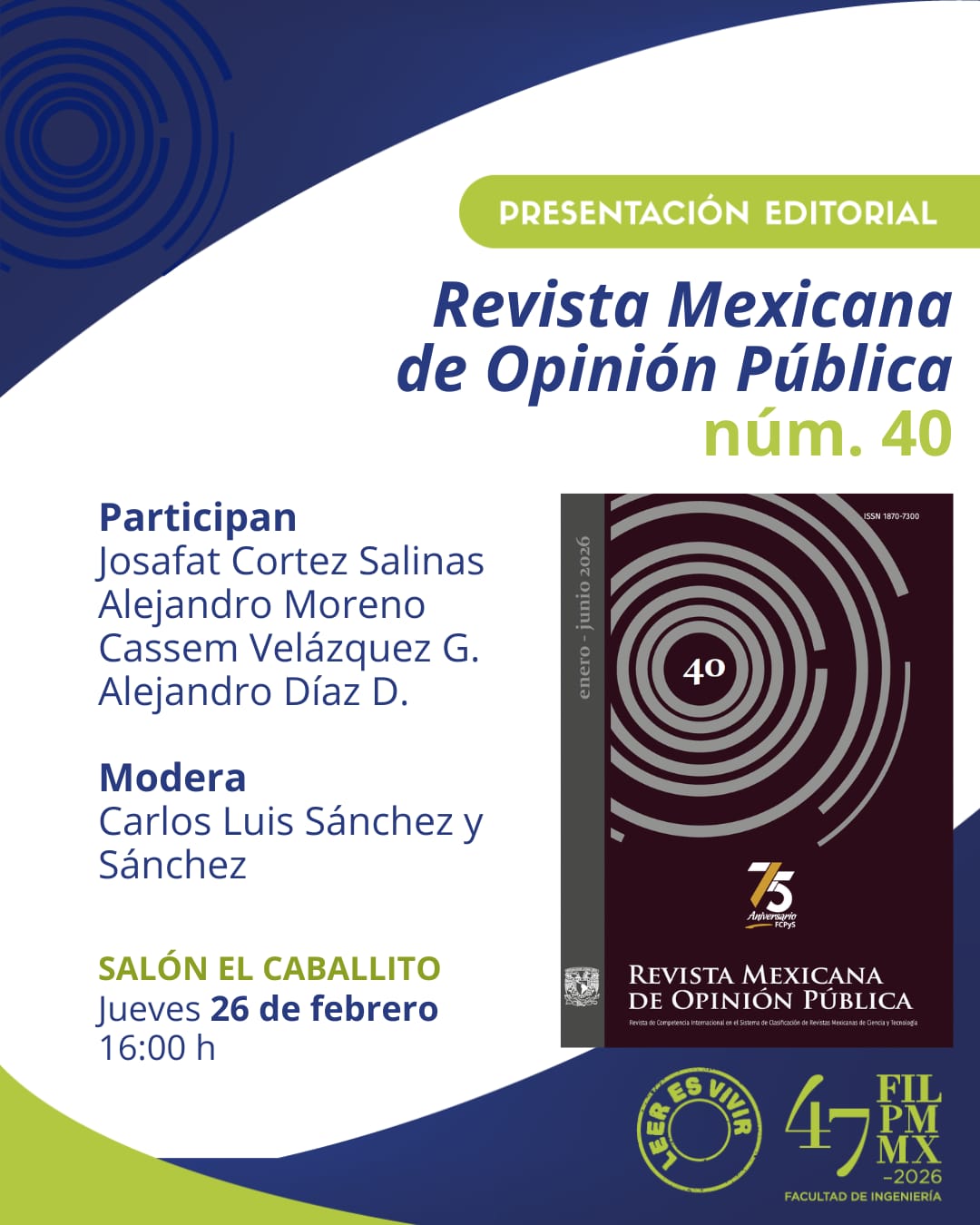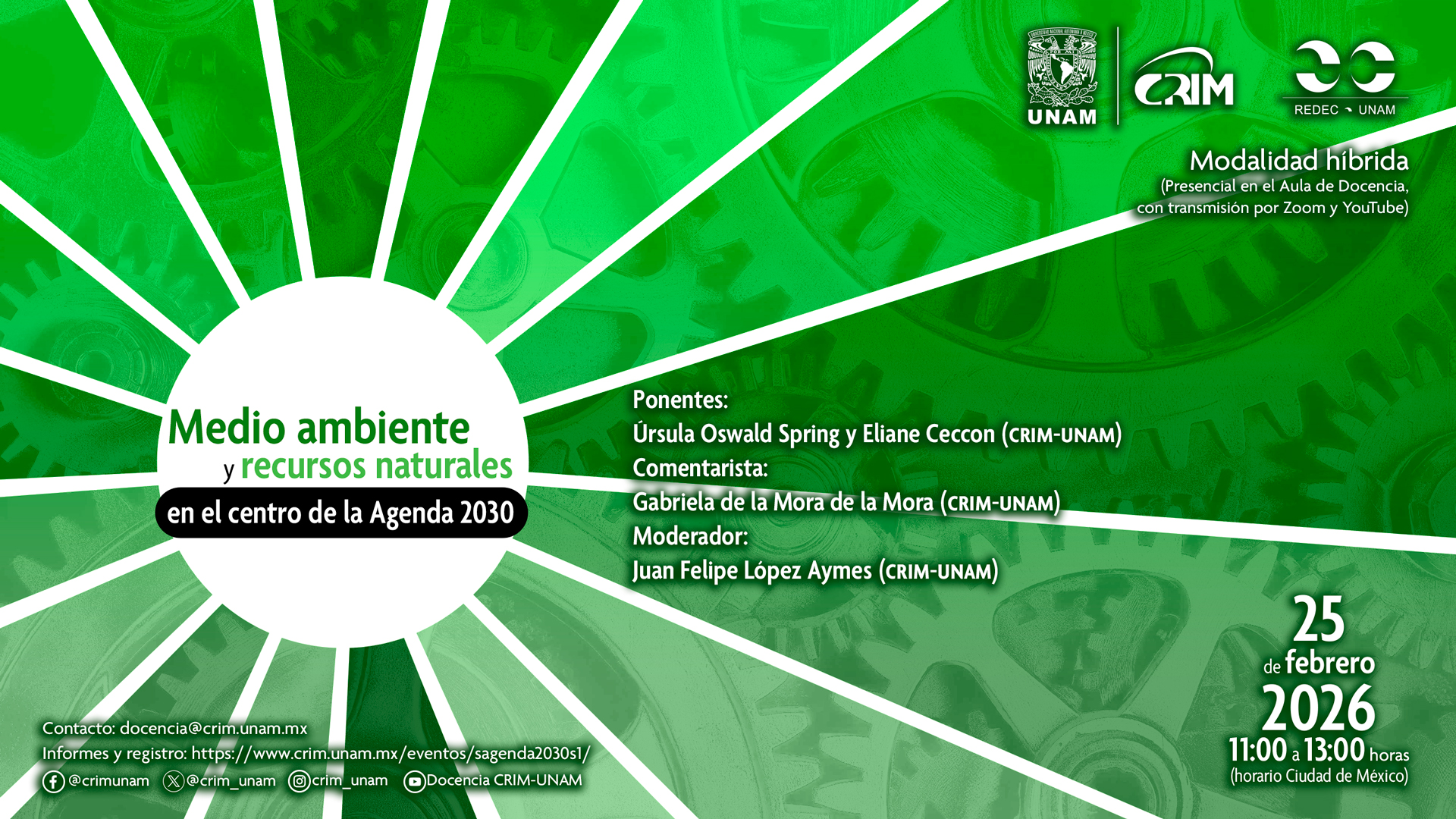Politics, Policies and Diplomacy of Diaspora Governance
Politics, Policies and Diplomacy of Diaspora Governance: New Directions in Theory and Research
6 December 2018 | Freud Museum, London
Organizers: Dr. Bahar Baser and Dr. Henio Hoyo Coventry University (Uk) & University of Monterrey (Mexico)
The institutional or factual relationships between home states and their emigrants have always existed, at least in the traditional form of consular protection, or in very specific areas, such as the economy (i.e. remittances). However, the last decades have witnessed a large expansion of institutions, policies, and other state-sponsored mechanisms all around the globe, linking home states and emigrants / diasporas well beyond the traditional areas. In many cases, such diaspora engagement policies and institutions have been devised by home states with the implicit or explicit goal of better control, according to fields such as national / political interests, the social, economic, cultural and political activities of their diasporas. In this way, more than a hundred states have established forms of diaspora engagement policies and institutions, with a variety of motivations (Gamlen 2017).
During the last decades, academics have been trying to understand and interpret the mechanisms behind home states’ policies on outreach to their citizens abroad. A growing body of literature has been dedicated to this emerging phenomenon of the development of diaspora-engagement policies cultivated by political actors in the homeland (Baubock 2003, Adamson 2006, Gamlen 2006, Brand 2006, De Haas 2007, Fitzgerald 2009, Varadajaran 2010, Mugge 2012, Brinkerhoff 2005, Ragazzi 2009). This literature focused on a variety of topics including unpacking the terms “state” and “diaspora” to start with (Alonso and Mylonas 2017; Delano 2017), the evolution of diaspora engagement policies through time (Mencutek and Baser 2017), and the multi-tiered nature of diaspora engagement policies (Han 2017, Pedroza and Palop 2017),among others. Many other specialists have studied specific areas of diaspora-engagement policies, not only including economics and migration/citizenship, but also other topics such as specific extraterritorial security measures by authoritarian and semi-authoritarian states (Brinkerhoff 2005, Lewis 2015, Glasius 2018). Theorising sending states’ motivations and their involvement in shaping, mobilizing and in some cases “taming” the diaspora will continue as more empirical studies emerge that endeavour to provide deeper analysis that goes beyond explanations solely focusing on economic interests.
We invite contributions focusing on the diaspora-home state nexus from a variety of perspectives including transnational engagement of diasporas with their homelands, expatriate voting and political participation, diaspora-engagement policies, institutions and actors among others. Of particular interest are papers that focus on the countries which are called the “rising powers” such as Turkey, Mexico, Brazil, Indonesia, India and China. However, our scope is not limited to these countries. Therefore, submissions focusing on other countries are also welcome.
We seek papers and panel proposals by both academic and non-academic (journalists, activists etc) participants. Potential themes of the conference include but are not limited to:
- State-Diaspora Relations: Institutions, Actors and Processes
- Diaspora Governance and Diplomacy
- Transnational Governance of Culture and Identity
- Economics of Diaspora Governance: Remittances and Development
- Return of Highly-Skilled Migrants, Diaspora Entrepreneurs and the Scientific Diaspora
- Expatriate Voting and Political Participation in Home and Host Countries
- Engaging the Second Generation
- Reaction to diaspora-engagement policies among migrants
Refreshments and lunch will be provided during the conference. We regret that we are not able to offer travel grants or other forms of financial assistance for the participants of the conference.
Please email paper abstracts of no more than 300 words to ab8225@coventry.ac.uk by 15 September 2018.
Acceptance and rejection notices will be sent on a rolling basis, considering some applicants might need to apply for a visa to travel to the UK.
Participants will be required to send a 2500-3000 word paper to the organizers 2 weeks before the conference. Excerpts of the contributions will be included in a policy report to be published by Coventry University, and a selection of the papers presented will be chosen for inclusion in a proposed edited volume, and/or a special journal issue.
The conference is funded by the British Academy / Newton Fund Mobility Grant NMG2R2_100111, and co-sponsored by the Centre for Trust, Peace and Social Relations (CTPSR) of Coventry University; the Centre of Multidisciplinary Studies in Conflict, Cooperation and Development (CIMCODD) of University of Monterrey (UDEM), Mexico, and Rising Global Peace Forum.
If you have any questions or comments about the conference theme, please contact Dr. Bahar Baser at bahar.baser@coventry.ac.uk and Dr. Henio Hoyo at henio.hoyo@udem.edu.
Te puede interesar
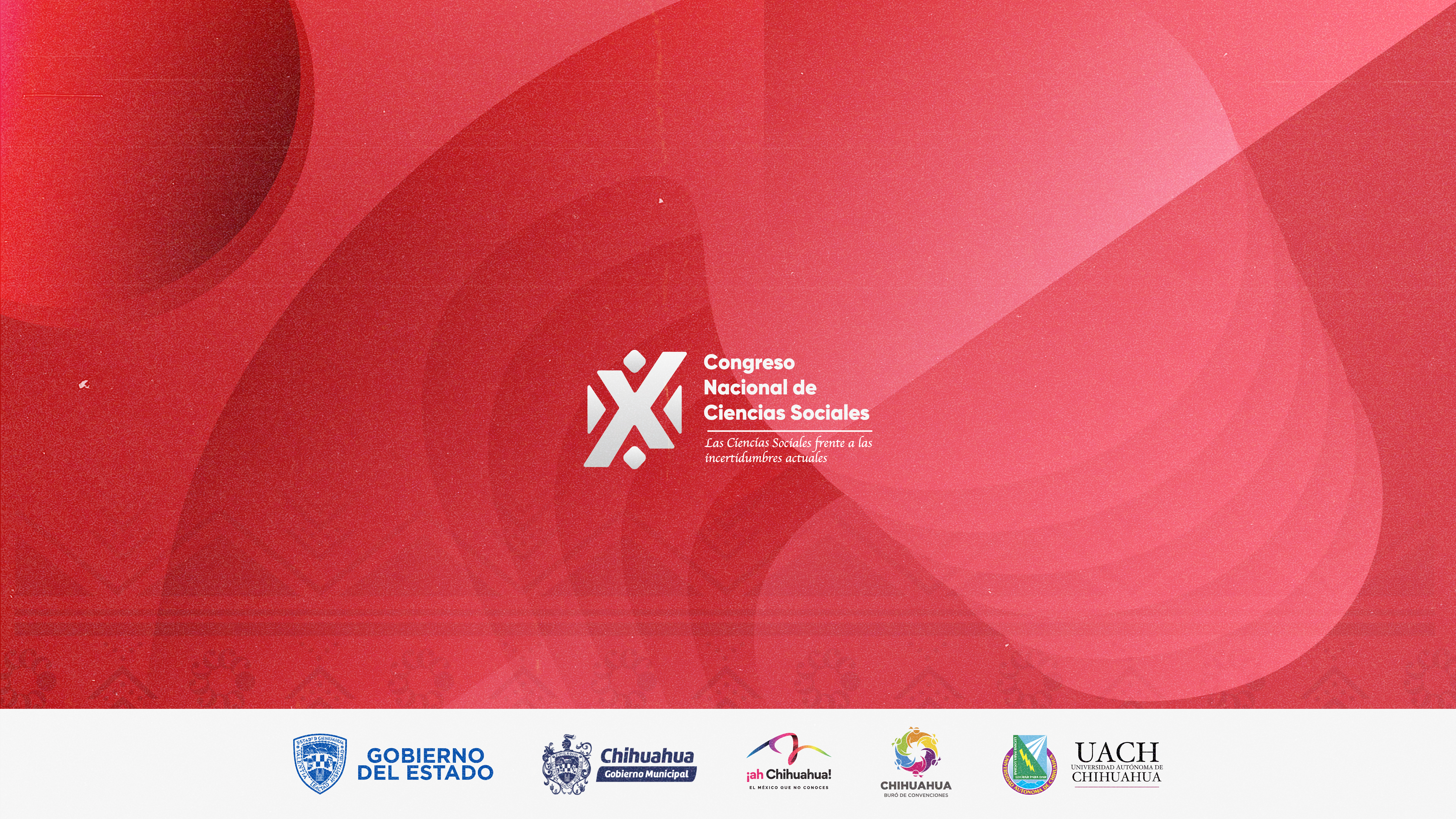
Programa del X Congreso Nacional de Ciencias Sociales
comecso - Feb 23, 202623 al 27 de marzo, 2026 | Posgrado de la Facultad de Contaduría y Administración, Universidad Autónoma de Chihuahua, Campus…

Convocatoria Feria del libro
Laura Gutiérrez - Feb 18, 2026FERIA DEL LIBRO X CONGRESO NACIONAL DE CIENCIAS SOCIALES “Las Ciencias Sociales frente a las incertidumbres actuales” INVITACIÓN Información general…

Hoteles con convenio | X Congreso Nacional de Ciencias Sociales
Laura Gutiérrez - Ene 28, 2026X Congreso Nacional de Ciencias Sociales Las Ciencias Sociales frente a las incertidumbres actuales del 23 al 27 de marzo…

Memorias del IX Congreso Nacional de Ciencias Sociales
Roberto Holguín Carrillo - Jul 02, 2025IX Congreso Nacional de Ciencias Sociales Las ciencias sociales y los retos para la democracia mexicana. Realizado en el Instituto…
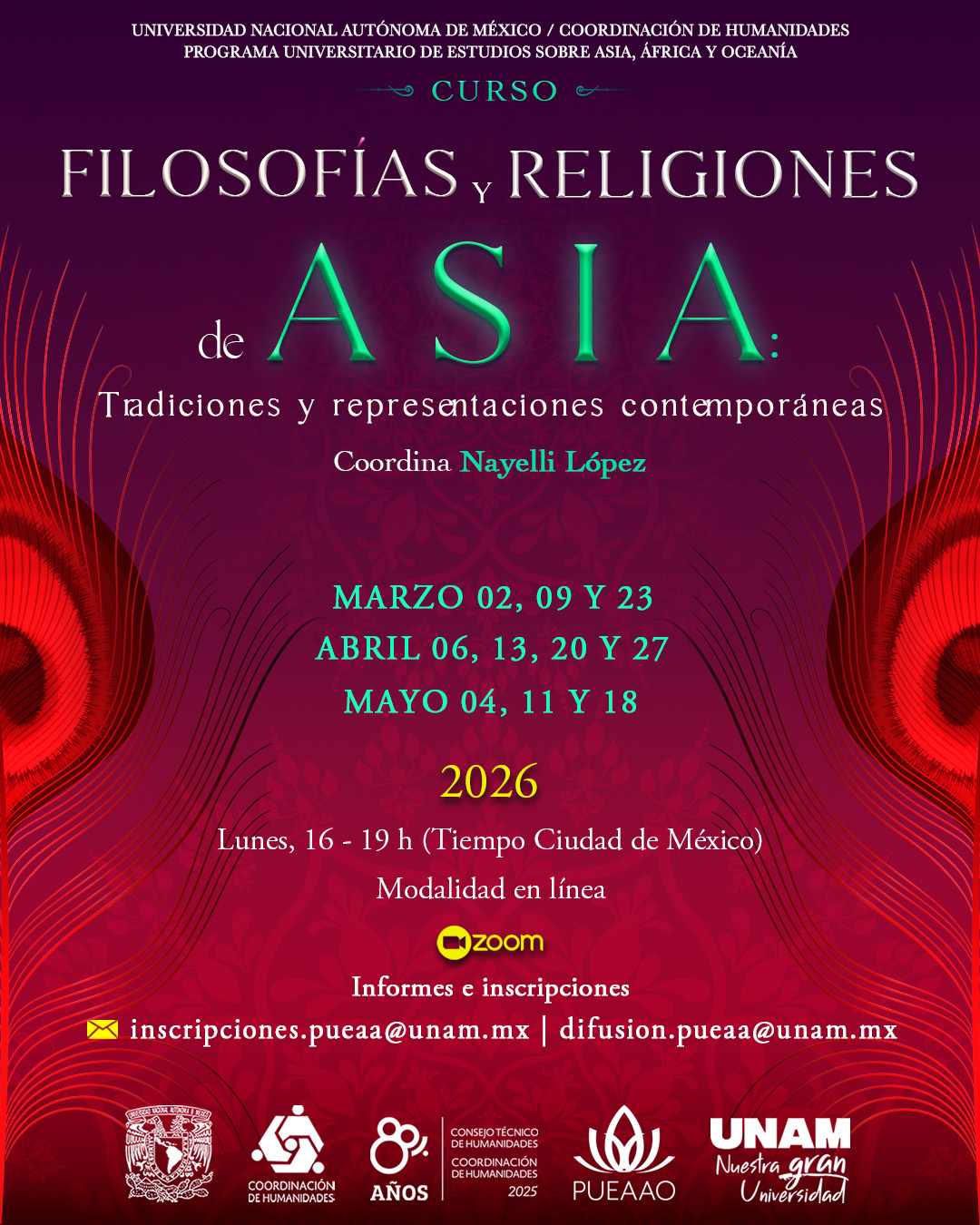
Curso Filosofías y Religiones de Asia
Laura Gutiérrez - Feb 20, 2026Universidad Nacional Autónoma de México, Programa Universitario de Estudios sobre Asia, África y Oceanía Curso Filosofías y Religiones de Asia:…

Información turística | X Congreso Nacional de Ciencias Sociales
Laura Gutiérrez - Feb 20, 2026Restaurantes Cafetería de conta PV45+F7, Campus Uach II, 31125 Chihuahua, Chih. Corinto Café C. Colegio San Marco 1828, Misión Universidad…






